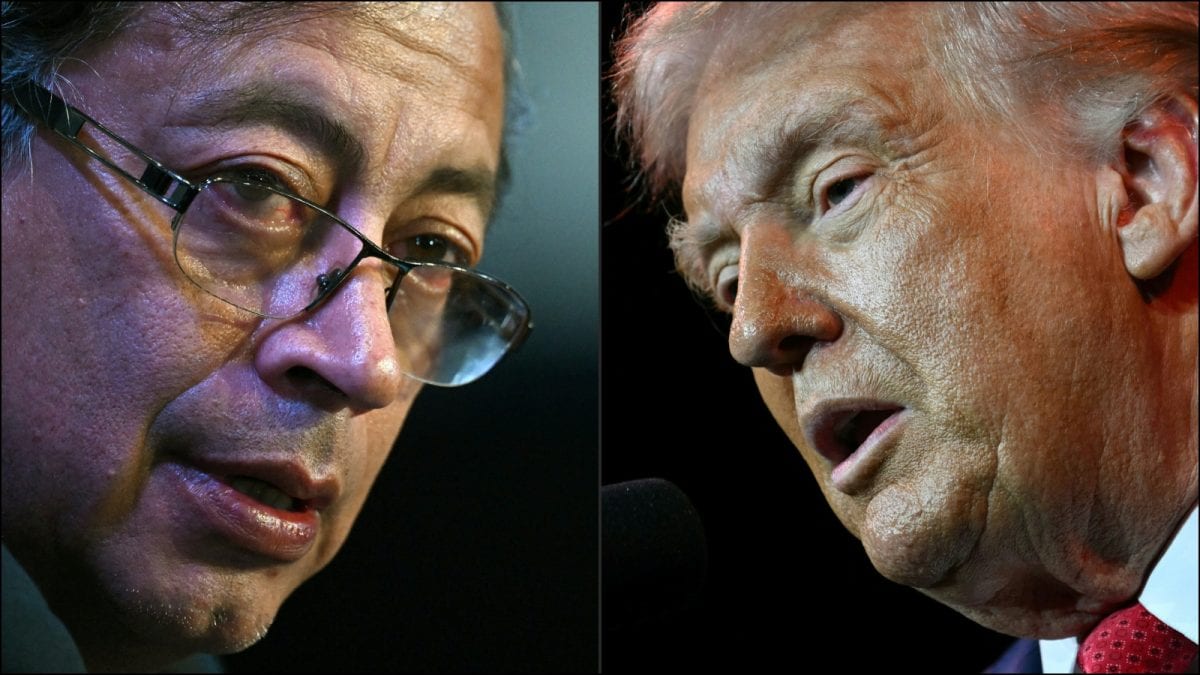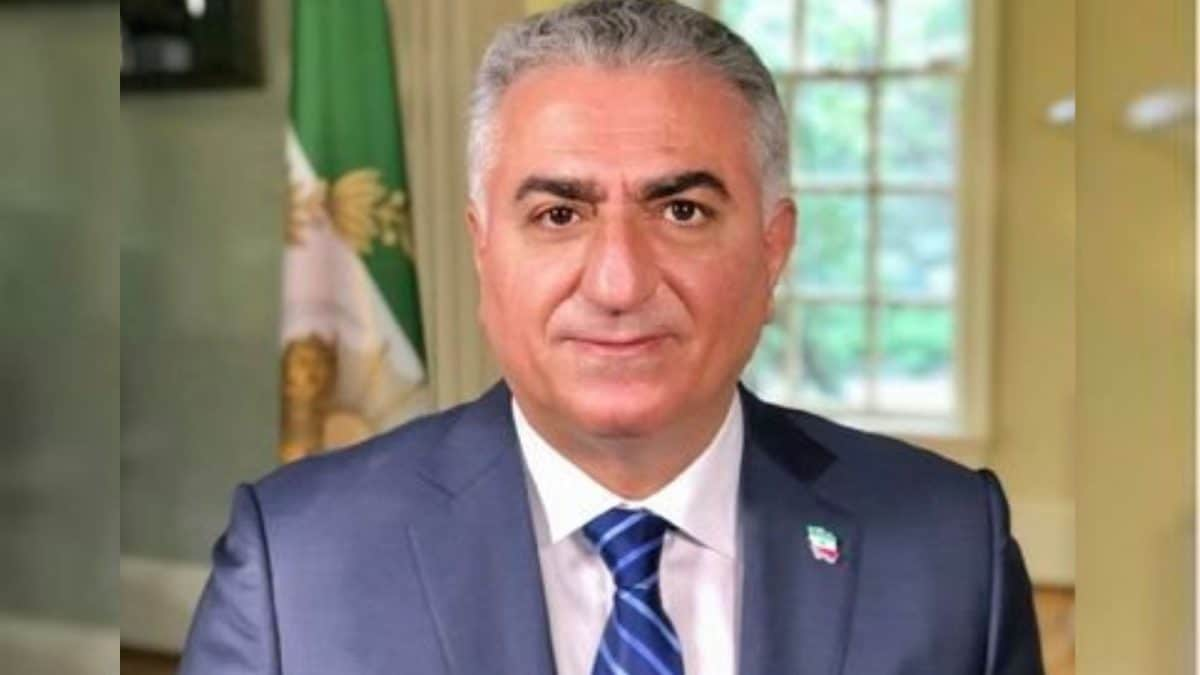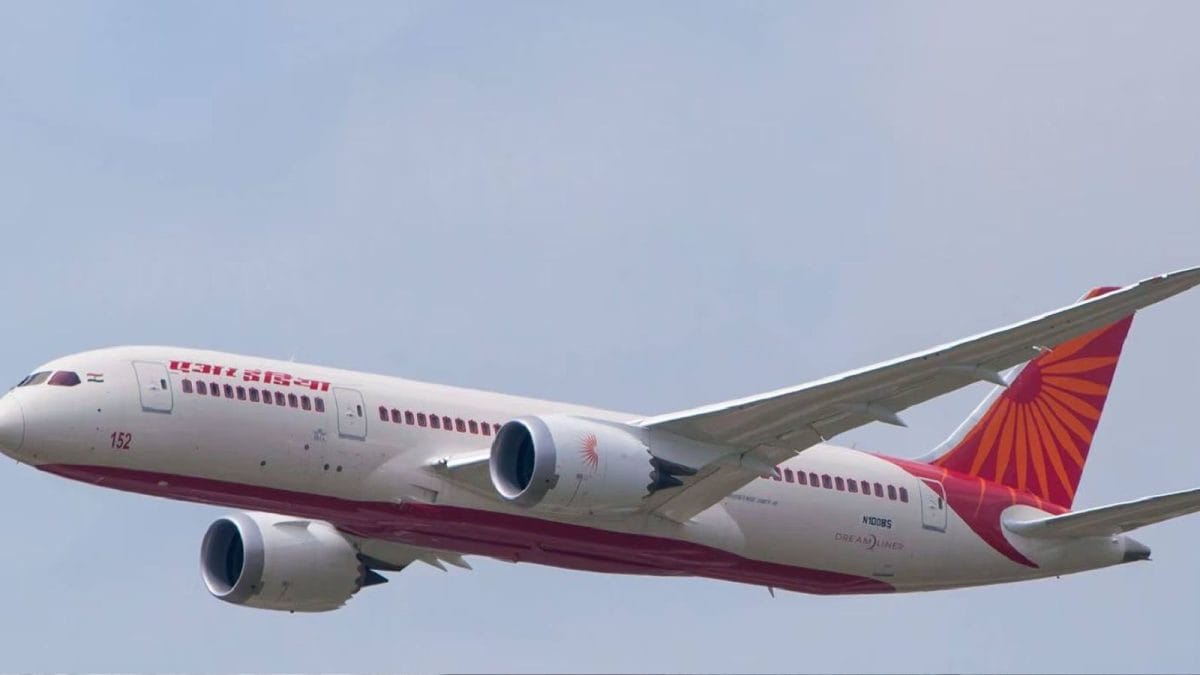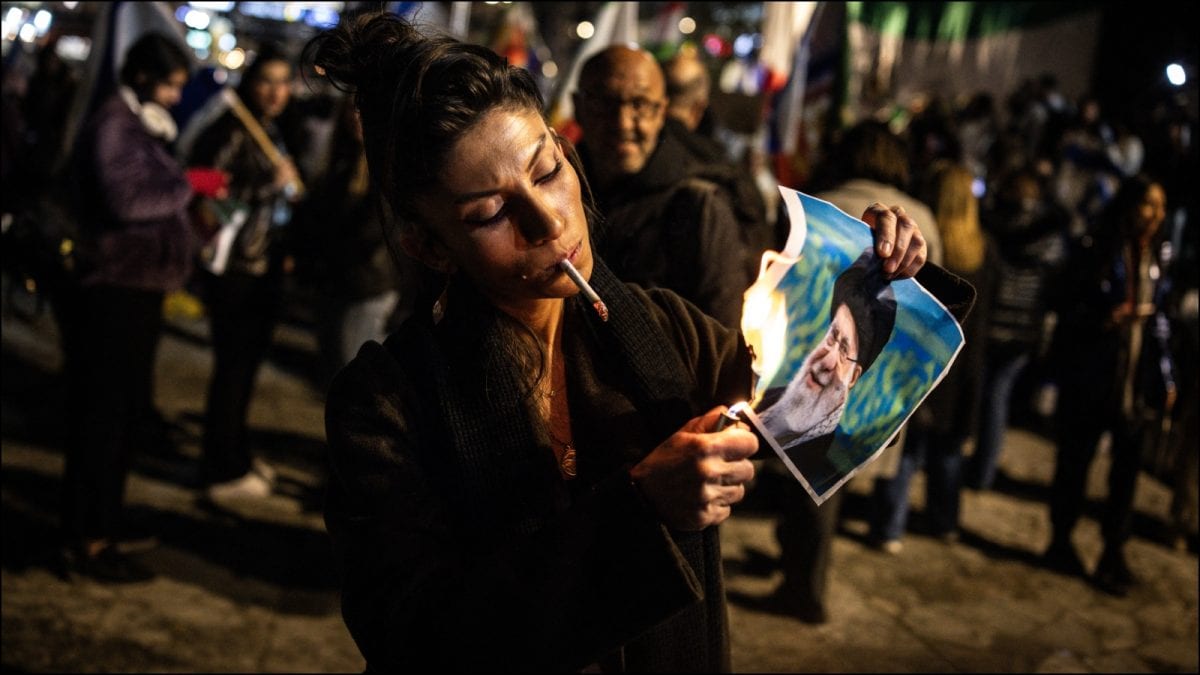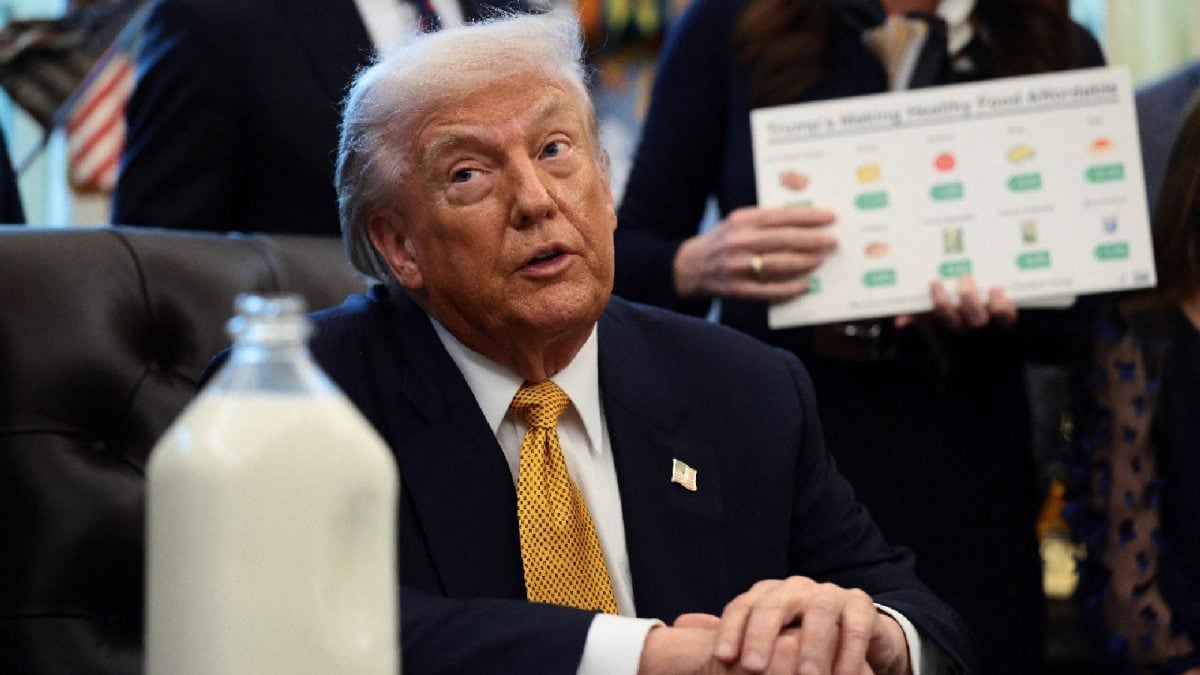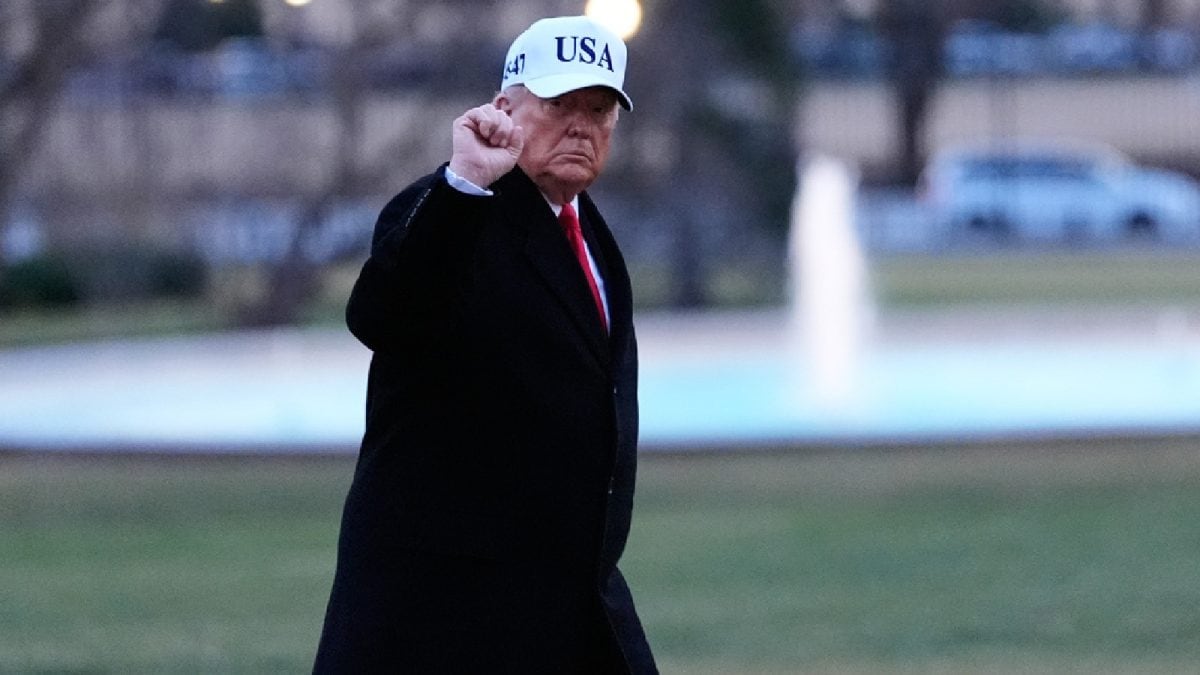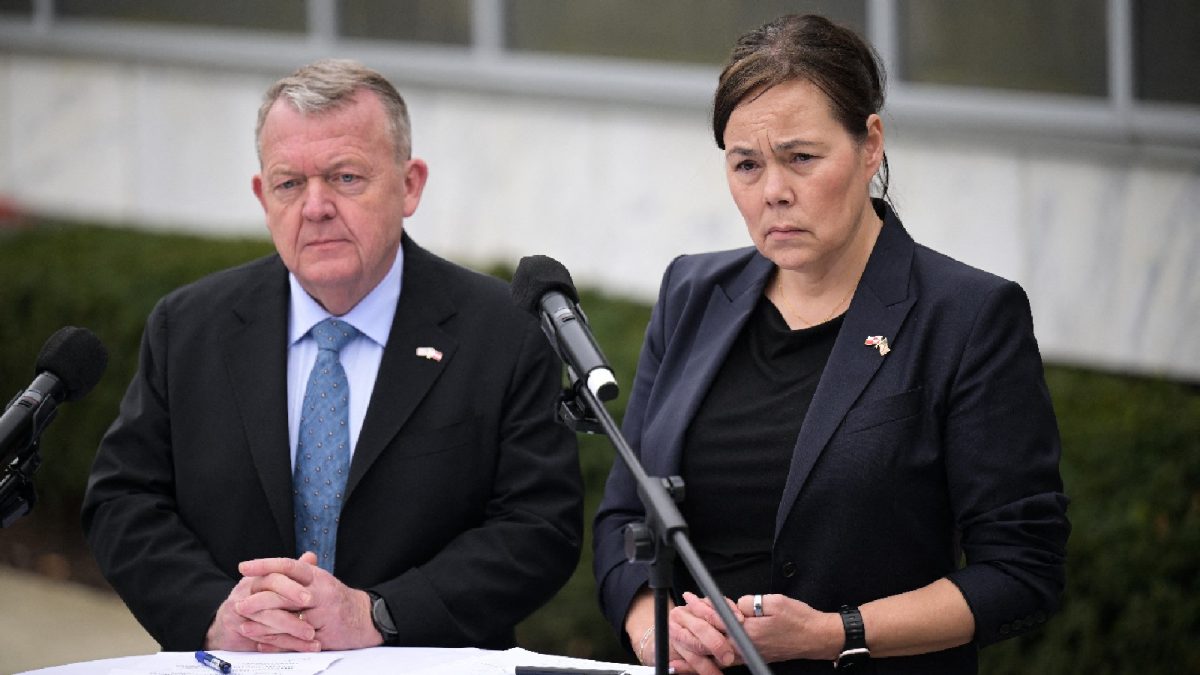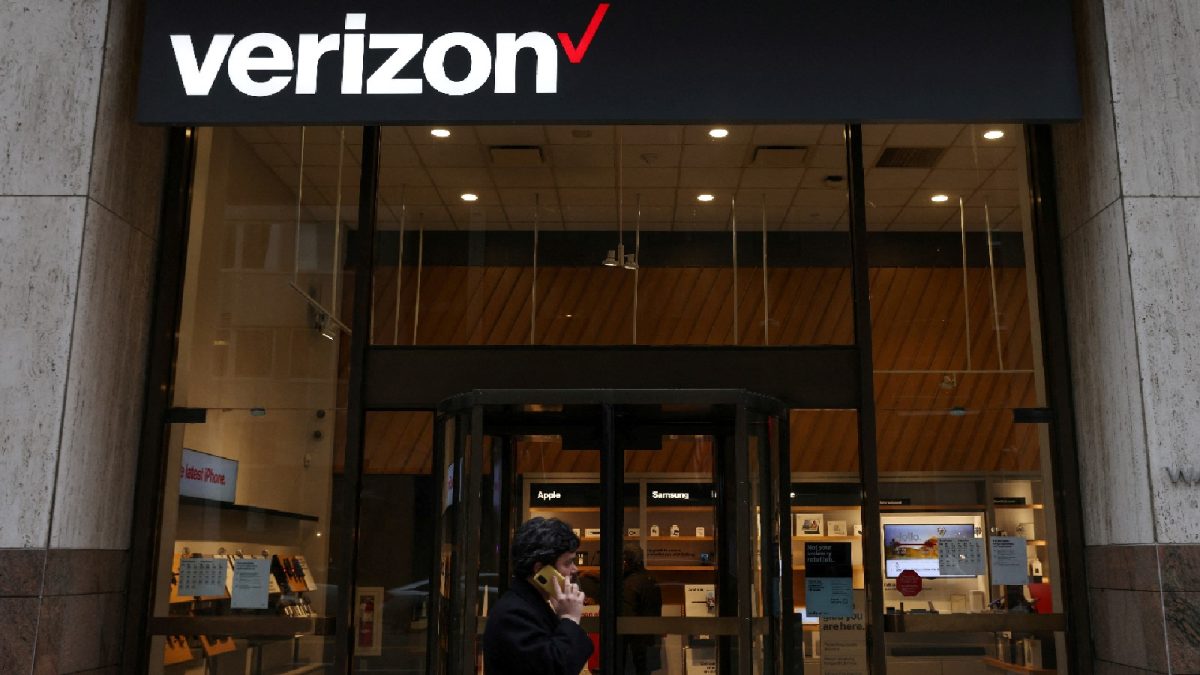Last Updated:November 16, 2025, 12:46 IST
China’s decision to warn citizens against visiting Japan has become the latest flashpoint in a row that began with comments from Japanese PM Sanae Takaichi

Japan’s Prime Minister Sanae Takaichi and Chinese President Xi Jinping. (Getty Images)
Japan and China have spent decades trying to stabilise a relationship shaped by deep historical wounds, intense economic interdependence and competing security interests. But the fragile balance between the two Asian powers has been thrown off again after a single parliamentary exchange in Tokyo about what Japan might do if China were to attack Taiwan.
The resulting diplomatic clash, including China’s latest advisory warning its citizens to avoid travelling to Japan, has made clear how sharply Beijing reacts to any public suggestion that Japan could intervene in a Taiwan crisis. The advisory is the most recent escalation in a week-long confrontation marked by online threats from Chinese officials, ambassador-level protests on both sides, and fierce statements from Beijing’s defence establishment.
The tensions come even though both countries publicly say they want stable ties, and just weeks after Japan’s Prime Minister Sanae Takaichi met Chinese President Xi Jinping and agreed to pursue a constructive approach.
What Triggered The Diplomatic Row?
The latest confrontation began on November 7, at a parliamentary meeting in Tokyo, when PM Sanae Takaichi was asked by an opposition lawmaker what kind of situation around Taiwan could constitute a threat to Japan’s survival. Responding to the question, she said that “if there are battleships and the use of force, no matter how you think about it, it could constitute a survival-threatening situation."
Takaichi elaborated further in parliament that if an armed assault on Taiwan involved “battleships and the use of force," it could justify Japan exercising “collective self-defence", the framework under which it can deploy troops to aid an ally if Japan’s own security is jeopardised.
She added that such circumstances “could constitute a situation threatening the survival (of Japan), any way you slice it." Her comments were unusually explicit for a Japanese leader, as Tokyo has historically avoided public statements about military involvement in a Taiwan scenario.
Beijing reacted almost immediately, condemning Takaichi’s remarks as “egregious." China’s Vice Foreign Minister Sun Weidong summoned the Japanese ambassador, Kenji Kanasugi, to issue “serious demarches" over what he viewed as a violation of the political foundation of China–Japan ties.
According to China’s state media Xinhua, Sun called her remarks “extremely wrong and dangerous" and demanded that Japan withdraw them, warning that “otherwise all consequences must be borne by Japan."
How China Escalated Its Response
Beijing’s retaliation unfolded across multiple fronts over the following days. The Chinese foreign ministry said the remarks had “further damaged the atmosphere for people-to-people exchanges… creating additional risks to the safety and security of Chinese citizens in Japan," and subsequently advised Chinese travellers to “refrain from visiting Japan for the time being."
The Chinese embassy in Tokyo issued a similar advisory, telling citizens “to avoid traveling to Japan in the near future" due to what it called Japan’s “blatantly provocative remarks regarding Taiwan."
The advisory was followed by a swift response from Chinese airlines. According to Chinese state broadcaster CCTV, several major carriers, including Air China, China Eastern and China Southern, offered customers refunds or free changes on certain tickets to Japan, signalling that Beijing was willing to use economic and people-to-people channels to register its displeasure.
Chinese media and social platforms amplified the backlash. State outlets ran sharply worded commentaries, and nationalist voices online targeted Takaichi with renewed intensity. A particularly inflammatory message came from Xue Jian, China’s consul general in Osaka, who shared a news article about Takaichi’s remarks and added that “the dirty head that sticks itself in must be cut off." The post was later deleted, but not before drawing widespread criticism, including from within Japan’s government, where it was described as “highly inappropriate."
China’s Ministry of Defence added a sharper edge to the warnings. It said Japan would “suffer a crushing defeat" if it intervened militarily in the Taiwan Strait, while a commentary in the People’s Liberation Army Daily published Saturday said that if Japan entered a conflict over Taiwan, China would deliver a “head-on blow."
How Japan Responded To China’s Warnings
Japan lodged its own formal protest over the Osaka consul general’s post, summoning China’s ambassador Wu Jianghao. Foreign Minister Toshimitsu Motegi said the comment was “highly inappropriate," and that Tokyo “strongly urge[s] the Chinese side to continue taking appropriate measures to ensure that this does not affect the broad direction of Japan-China relations."
Japan’s ambassador in Beijing, according to officials in Tokyo, explained the intent behind Takaichi’s remarks to Chinese authorities and urged Beijing to take action over the violent rhetoric directed at the Japanese prime minister.
Takaichi herself declined to retract her remarks. She said the statements were “consistent with the government’s traditional position," though she added that she would be cautious about commenting on very specific scenarios going forward. She also clarified that her answer in parliament was meant to address a “hypothetical" situation.
Japan’s ruling party went even further and passed a resolution calling for the Chinese envoy involved in the threatening social media post to be declared persona non grata, reflecting the level of political alarm the rhetoric had triggered in Tokyo.
Why Taiwan Is Central To Japan’s Security Calculus
For Japan, the geographic and strategic context of Taiwan is critical. Taiwan lies roughly 100 kilometres from the nearest Japanese island, making any major conflict in the Taiwan Strait directly consequential for Japanese territory, maritime routes and supply chains.
Japan’s security laws allow it to exercise collective self-defence if an attack on a partner nation threatens its own survival. Takaichi’s parliamentary remarks were rooted in this legal framework.
Past Japanese leaders have typically avoided commenting explicitly on how Tokyo might respond in the event of a Chinese attack on Taiwan, preferring strategic ambiguity that mirrors the longstanding US approach. That ambiguity has historically allowed Japan to balance its alliance with the US with its extensive economic relationship with China. Takaichi’s comments represented a departure from that norm, which helps explain why Beijing reacted so forcefully.
China views Taiwan as its territory and has not ruled out the use of force to take control of the island. Any suggestion that another country — especially Japan, which China associates with historical conflicts and wartime occupation — might intervene is treated as a challenge to what Beijing calls its “core interests."
China’s foreign ministry reiterated this position, saying that Takaichi’s remarks were “a gross interference in China’s internal affairs," adding: “Taiwan is China’s Taiwan."
A Clash Rooted In History And Strategic Suspicion
While the immediate spark was a parliamentary comment, the speed and intensity of the diplomatic fallout reflect deeper strains in China–Japan relations. The two countries share a turbulent history marked by 19th-century conflicts and Japan’s actions in China during World War Two.
These memories remain potent in Chinese political discourse, and Beijing invoked them again in its response. China’s foreign ministry said that “should Japan fail to draw lessons from history and dare to take reckless risks, even resorting to military intervention in the Taiwan Strait situation, it will inevitably suffer heavy losses and pay a bitter price in the face of the iron wall of the Chinese People’s Liberation Army."
In Japan, such statements reinforce concerns about China’s growing military power and assertiveness in the region. Takaichi, a protégé of former prime minister Shinzo Abe, has long advocated greater defence spending and closer security ties with the US. Her leadership has generated unease in Beijing, where she is seen as both hawkish and openly supportive of Taiwan.
Earlier this month, Beijing accused her of violating the One China principle after she posted photos of herself meeting a Taiwanese official on the sidelines of the Apec summit in South Korea.
Why The Row Has Left Both Countries On Edge
The diplomatic temperature has risen because each side views Taiwan through a lens shaped by its national identity, history and security priorities. For China, statements like Takaichi’s touch its most sensitive political issue. For Japan, developments around Taiwan are directly tied to its territorial security, maritime routes and alliance commitments.
With neither government retracting its position, the episode has made clear that even small shifts in public messaging on Taiwan can trigger outsized friction between Asia’s two largest economies.

Karishma Jain, Chief Sub Editor at News18.com, writes and edits opinion pieces on a variety of subjects, including Indian politics and policy, culture and the arts, technology and social change. Follow her @kar...Read More
Karishma Jain, Chief Sub Editor at News18.com, writes and edits opinion pieces on a variety of subjects, including Indian politics and policy, culture and the arts, technology and social change. Follow her @kar...
Read More
First Published:
November 16, 2025, 12:46 IST
News explainers How Did One Comment On Taiwan Trigger A Diplomatic Crisis Between Japan And China?
Disclaimer: Comments reflect users’ views, not News18’s. Please keep discussions respectful and constructive. Abusive, defamatory, or illegal comments will be removed. News18 may disable any comment at its discretion. By posting, you agree to our Terms of Use and Privacy Policy.
Read More

 1 month ago
1 month ago
